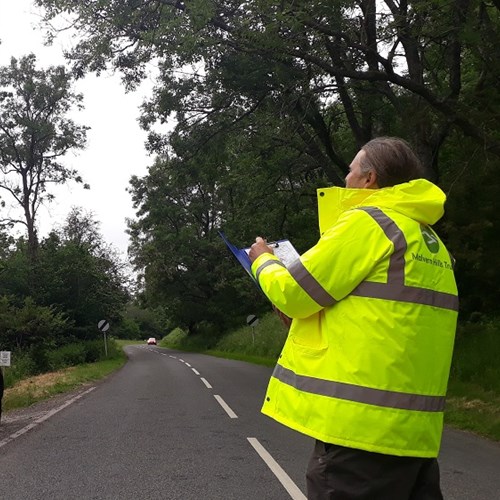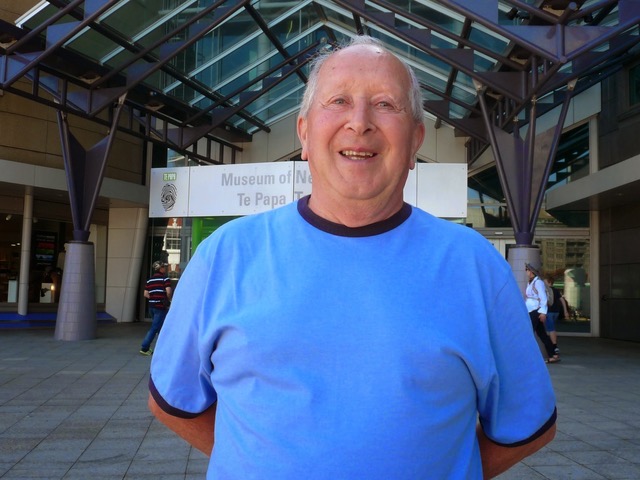A large number of ash trees have been identified for removal in the Malvern Hills Trust’s latest tree safety surveys.
Following a survey undertaken this October, an arboriculturalist’s report contains recommendations for work to trees which pose potential hazards and the work required to mitigate those issues.
Ash trees infected with ash dieback disease formed the largest part of the recommended works and felling will being this winter to remove trees with severe infections.
Jonathan Bills, Conservation Manager said:
“For the second autumn in a row, we will be dealing with the most badly infected ash trees for public safety and there will be some trees next to highways and properties that will be felled.
“We are devastated to be losing any ash trees from the MHT estate.
“Infected trees can become brittle and likely to fail, so the removal of trees near to highways and properties is essential. This winter, infected ash trees will be removed from British Camp, Jubilee Drive and Holywell Road.
“Ash dieback, which was first identified in the UK in 2012, has spread across the country and causes the wilting of leaves, shoots to die back and often the death of the tree.
“It is believed that a small percentage of ash trees may be tolerant to the disease and ash trees showing little or no signs of disease will be left and monitored.
“Authorities state that eradicating the disease is not possible as it is caused by a fungus that is airborne and therefore cannot be controlled.”
Jonathan added:
“The impacts of ash dieback over the next 5 to 10 years are going to be significant in the Malvern Hills and Commons landscape.
“Evidence suggests that between 60-80% of the UK’s ash will be lost to the disease. It is estimated that 20% of trees under the Trust’s care are ash.
“The loss of this species will have a significant effect on both the local landscape character and the ecology of the area. MHT will be planting replacement trees where possible and allowing nature to replace trees through natural regeneration.”
“As a charity with 1,200 hectares of land under our care, we are facing huge financial pressures as the disease takes hold and more practical management is needed in response.
“Many of the ash trees are on steep slopes near to roadsides requiring specialist and experienced contractors to safely remove them. This is expensive work at approximately £400 per tree”.
The Trust is asking local people to report ash trees on the Trust’s land which are badly affected and are near to highways or properties. The Trust is also asking for donations to help support the response to tree disease. Find out more about making a donation.




